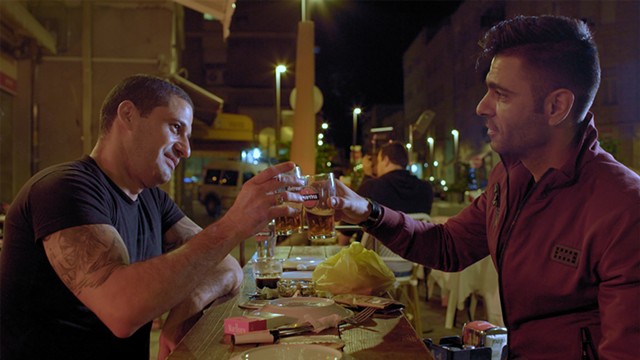
- IMAGE PROVIDED
- "Breaking Bread."
Among those playing it safe are the organizers of the 2021 Rochester Jewish Film Festival, who will present the bulk of the festival, which runs Aug. 1-8, online. Of this year’s 20 programs (each of which will be available online for 48 hours from the scheduled screening time), only eight will be shown as in-person screenings at the JCC Hart Theater, the new outdoor Canalside Stage at the JCC, and the Dryden Theatre.
At those screenings, physical distancing will still be enforced through the ticketing system, which reinforces a 33-percent capacity restriction for indoor screenings, and masks will be required.
“One of the slogans we are using this year is, ‘Your fest, your way,’ because we didn’t know where we were going to be this summer,” RJFF Director Andrea Miller said. “It’s hard to predict where we’ll be next week, so we were on the conservative side in terms of what we're showing in person.”
RJFF presented a mini virtual festival of six films last summer, followed by a program of three films over the holidays. This year’s 20 films is closer to a normal year, which would typically include around 25 films, many of which screened at the Eastman Theatre — and often selling out all 500-seats — as well as a variety of talkbacks with directors and other special events.
There’s just one talkback this year: a moderated conversation between Jen Kaplan, director of “A Father’s Kaddish,” and the subject of that film, Steven Branfman. The talk will be pre-recorded and presented along with that film and “Commandment 613: A Sacred Craft” as part of the Opening Day Shorts Program on Sunday, Aug 1.
Both of the films in this year’s shorts program both have a regional connection.
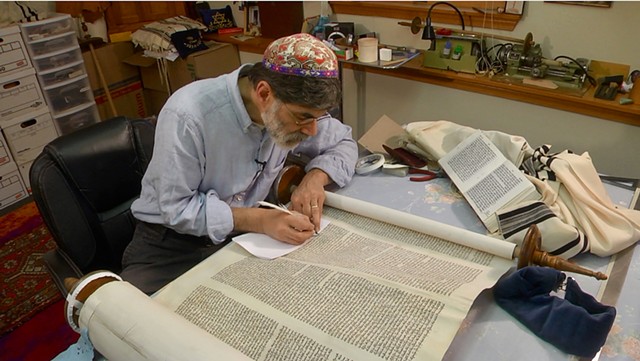
- IMAGE PROVIDED
- "Commandment 613."
“A Father's Kaddish” follows Branfman, who lost his son, a gifted potter who studied at Alfred University’s College of Ceramics. The school features prominently in the film as Branfman uses the craft of pottery as a personal kaddish (prayer) and means of healing.
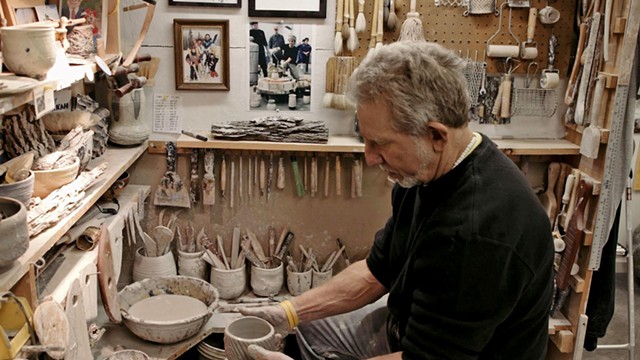
- IMAGE PROVIDED
- "A Father's Kaddish."
The Italian film, “Syndrome K” (Monday, Aug. 2, 11 a.m.), tells the true story of three Roman Catholic doctors who saved a group of Jews during World War II at a Vatican-affiliated hospital by convincing the Nazis that they were infected with a highly contagious disease.
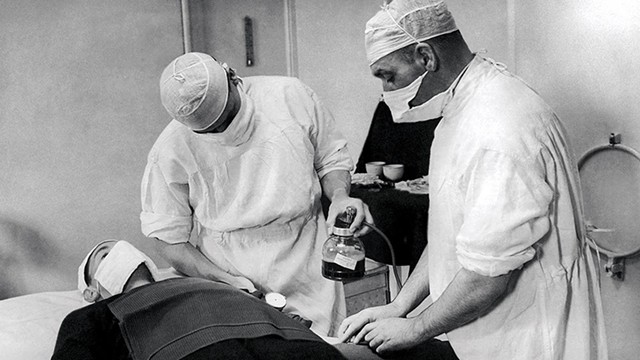
- IMAGE PROVIDED
- "Syndrome K."
A favorite documentary this year, Miller said, is “Breaking Bread,” which tells the story of the first Muslim Arab to win Israel’s MasterChef competition. The subject, Nof Atamna-Ismaeel, also founded the A-Sham Food Festival in Haifa, in which Arab and Jewish chefs collaborate in an effort to make social change through food.
“There’s a lot of social and political undertones as they're cooking,” Miller said. “You get a really nice revue of Israel, and its complicated, beautiful history.”
And “Ma’Aborot: The Israeli Transit Camps” (virtual, Aug. 3) is an Israeli documentary that includes various stories from the residents of temporary housing constructed to accommodate Israel’s flood of immigrants following the war.
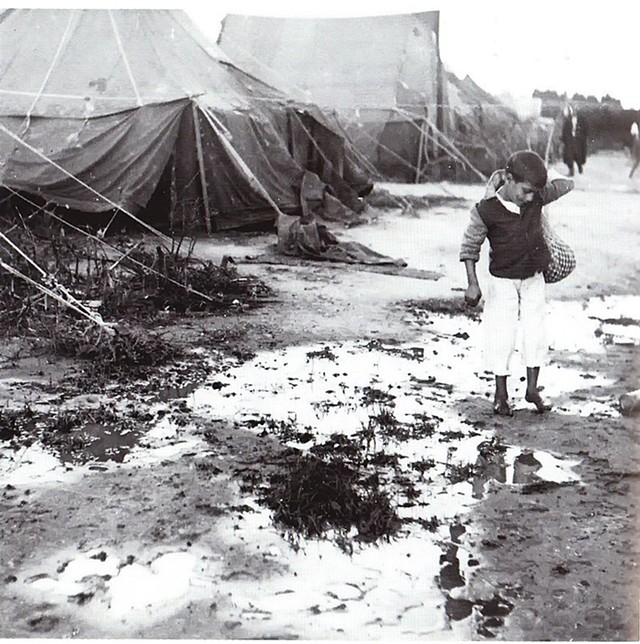
- IMAGE PROVIDED
- “Ma’Aborot: The Israeli Transit Camps.”
Multiculturalism is an enduring feature of the Jewish Film Festival.
“Aulcie,” screening virtually and in-person at the Hart Theater on Aug. 3, is about an African-American basketball player from Newark, New Jersey, who leads Israel’s Maccabi team to the European championship, his struggles with drug addiction, and search for his biological daughter.
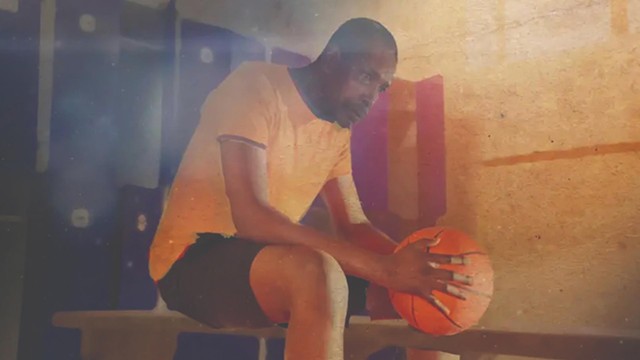
- IMAGE PROVIDED
- "Aulcie."
“I think one of my favorite films this year is ‘Burka fil Mish-Mish,’ which basically means ‘if pigs could fly,’” Miller said. “It's a wonderful story about the Frankel brothers, who discovered this early Arab animation, sort of the equivalent of Mickey Mouse.” That film screens virtually on Aug. 8.

- IMAGE PROVIDED
- "Burka fil Mish-Mish."
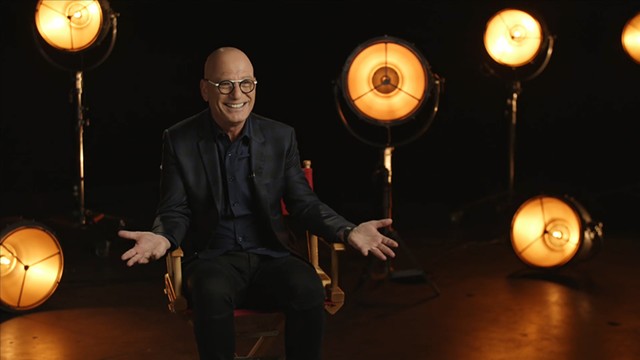
- IMAGE PROVIDED
- "Howie Mandel: But, Enough About Me."
Due to physical distancing, purchase of advance tickets is recommended for in-person events. If the films are not sold out, you can get a ticket at the door, but you’ll be told where to sit. The complete lineup of screenings and more information is available at rjff.org.
Rebecca Rafferty is CITY's life editor. She can be reached at [email protected].
